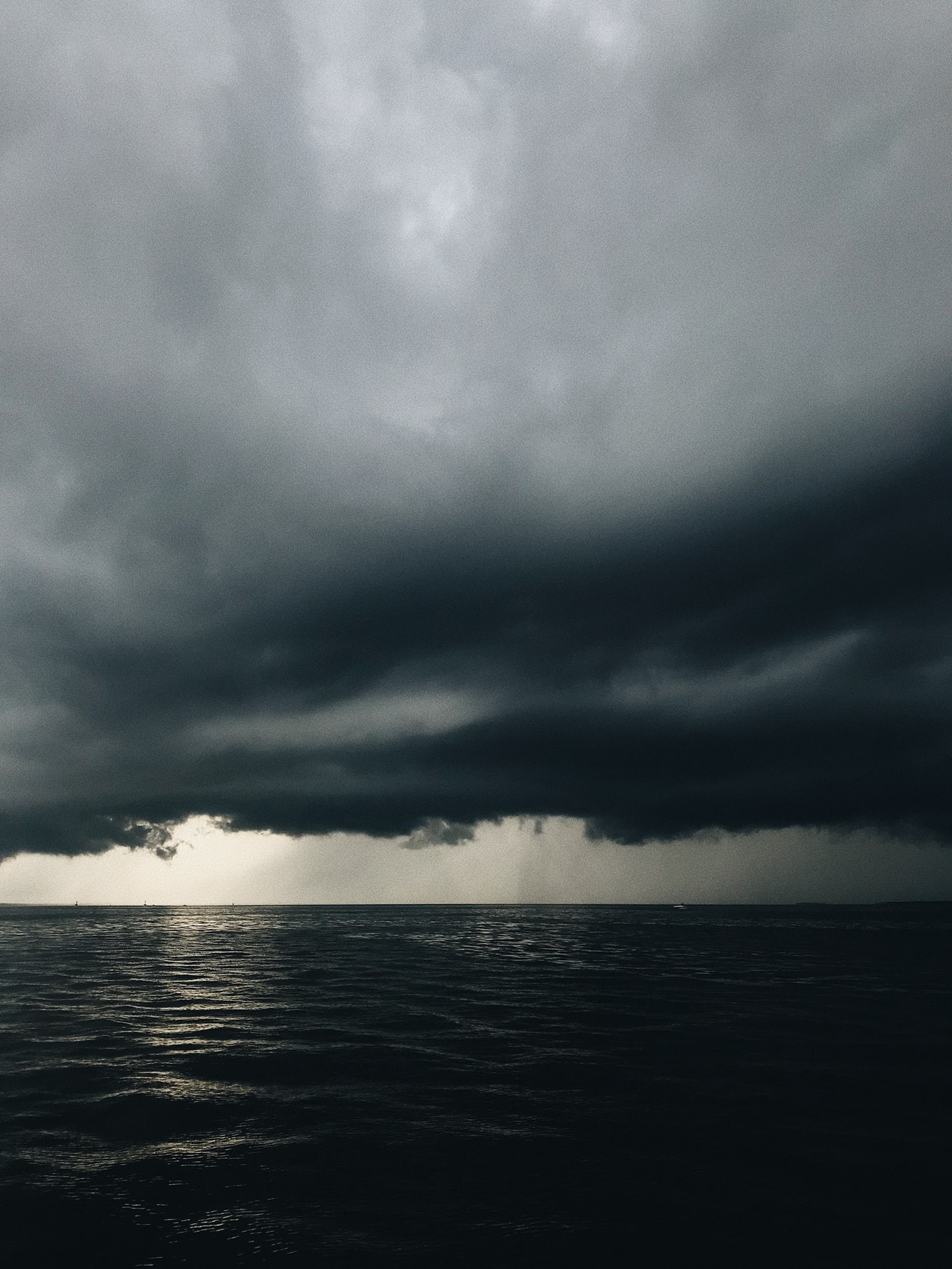
How Do You Cope?
Some disasters, like pandemics, global warming, and war, may cause us to react with feelings of helplessness, among other emotions. What can we, as individuals, do to prevent these events? to manage them? to end them? By ourselves, very little. But are there things we can do to manage our own responses to these events? Yes.
Those of us who have chosen to learn about, and create in ourselves, a special mental pathway that is dedicated to keeping us safe can depend on it to help us in a number of ways. I will soon be offering information about how this special pathway can be created.
Denial as a Problem
This special pathway will help us overcome any denial we may be feeling about a possible disaster. This will allow us to pay attention to the news, rather than hiding from it, so that we will be aware of any impending disaster that could affect us directly. And, if such a disaster were to strike, we would be alert to the unfolding events that might dictate what we would need to do.
Overcoming denial will allow us to take necessary practical measures, like having the supplies we would need ahead of time. Several days worth of food and other essentials in case we lose power. A go-bag, in case a storm or fire forces us to evacuate. Good quality masks (which are now available), in case a new variant of the coronavirus arrives. (When the coronavirus struck, I was fortunate to have a supply of N95 masks that I had acquired a couple of years earlier to protect myself in case a wildfire occurred near me.)
We have seen evidence of denial when people, anticipating a dangerous climatic event (such as a hurricane), rush to stock up on supplies that they should have had ahead of time, only to find the store shelves bare. And some people, even after one such experience, still fail to stock up in advance for the next event. They are not at fault. They can't help it that they are in denial. It isn't a mental mechanism that you can consciously choose to use or not use; it happens out of awareness.
It appears that, in the current situation in Europe, there has been a lot of denial among the threatened civilian population. Many didn't believe that war would come. They chose at the last minute to evacuate and were forced to make instant decisions about what to take with them. They didn't have the special mental pathway that would have helped them.
Denial as a Help
Ironically, the special pathway can also help by blocking out the uncomfortable emotions that come with a disaster. (The mechanism of denial is here put to a positive use.) Lessened or completely eliminated fear, sadness, and anger not only spares us discomfort but enables us to think more clearly.
By freeing us from the adverse consequences that come from denying problems and neglecting to plan and prepare for them, and by sparing us the discomfort of painful emotions,the special mental pathway enables us to act assertively, not only on our personal behalf, but, if we so choose, for the greater good.
How might we contribute to the greater good? How can we have any impact on nature or politics?
Your Special Gift
What is your special gift? (Everyone has one, even if they don't realize it.) What are you very good at? If you wish for it, you can create a mental pathway dedicated to helping you fully develop your special talent.
But if, in these trying times, you are understandably more focused right now on getting some relief from fear, sadness, and irritation or anger, you need a mental pathway that can help you with that. The Emotional Comfort® Tool will. Just follow the instructions and you can experience episodes of peacefulness, calm, and relaxation. The Tool comes as a pdf with the necessary instructions.
GET THE FREE EMOTIONAL COMFORT® Tool